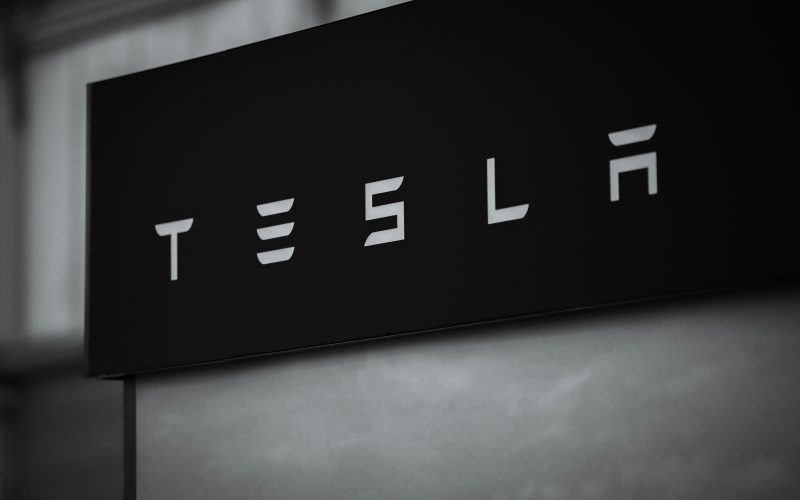With increasing reports of blackouts, surging demand on ageing grids, and extreme weather events disrupting supply, businesses of all sizes are seeking ways to protect their productivity. Tesla’s Powerwall, once seen as a tool primarily for eco-conscious homeowners, is now reshaping how businesses approach energy resilience, especially when paired with solar power systems.
The Growing Threat of Energy Disruption
For small and medium-sized enterprises (SMEs), even short power outages can have outsized consequences. Lost sales, halted production, disrupted communications, and the knock-on effects of downtime can quickly escalate into significant financial losses. Unlike large corporations, SMEs often lack the redundancy of multiple sites or backup infrastructure. That makes grid instability a direct threat to competitiveness.
Rising energy prices and supply chain volatility compound the challenge. Traditional diesel generators, once the default backup option, come with drawbacks—emissions, noise, high running costs, and dependency on fuel deliveries. Businesses are now seeking cleaner, smarter, and more sustainable solutions.
Tesla Powerwall: Beyond the Home
Tesla Powerwall is a rechargeable lithium-ion battery system designed to store electricity for use on demand. While it gained fame as part of residential solar setups, its role in the business sector is becoming increasingly prominent. Powerwall’s appeal lies in three main features:
- Energy Storage & Backup: It automatically kicks in when the grid goes down, ensuring essential systems continue to run without interruption.
- Solar Integration: When combined with solar panels, businesses can generate and store their own electricity, thereby reducing their reliance on external power supplies.
- Intelligent Management: Tesla’s energy management software optimises when stored power is used, helping businesses lower costs by drawing from the battery during peak tariff hours.
This combination of clean energy, intelligent automation, and seamless backup makes Powerwall uniquely suited to modern business needs.
Keeping Operations Running During Outages
When the lights go out, continuity is everything. With a Tesla Powerwall installed, businesses can ensure that critical systems, such as servers, payment systems, refrigeration, or security infrastructure, remain operational. For customer-facing companies, this means trading can continue without disruption. For offices, it prevents staff downtime and data loss.
Unlike generators, Powerwall engages instantly. There’s no noisy startup or delay—just a seamless transition to battery power. For businesses that depend on real-time digital operations, this can be the difference between a minor inconvenience and hours of costly disruption.
Cost Savings and Energy Independence
Beyond resilience, Powerwall offers financial advantages. By storing excess solar energy generated during the day, businesses can offset grid usage at night or during peak pricing periods. This load-shifting can significantly reduce electricity bills. For companies with high energy demands, the ability to tap into self-generated, low-cost solar power instead of expensive peak-rate energy is a clear win.
Over the long term, this independence from grid fluctuations also provides more predictable energy costs—a valuable asset for financial planning and stability.
Sustainability and Brand Value
Today’s consumers and partners expect businesses to demonstrate a commitment to sustainability. Adopting Tesla Powerwall and solar isn’t just an operational decision—it’s a brand statement. Companies can showcase reduced carbon footprints, lower reliance on fossil fuels, and alignment with green initiatives. For SMEs, this can help build trust, strengthen reputations, and open doors to environmentally focused partnerships and funding opportunities.
Why This Matters Now
The shift toward renewable energy and decentralised power has been building momentum, but recent years have accelerated the urgency. Climate change, regulatory pressure, and the need for operational resilience have pushed energy security to the top of the agenda. For SMEs, who often face slimmer margins and greater exposure to local disruptions, Tesla Powerwall offers a practical pathway to resilience without sacrificing sustainability.
As productivity increasingly hinges on digital systems and constant uptime, technologies like Powerwall are becoming less of a luxury and more of a necessity. Early adopters are gaining a competitive edge—not just by keeping the lights on, but by managing costs and reinforcing their brand as forward-thinking, reliable, and sustainable.









